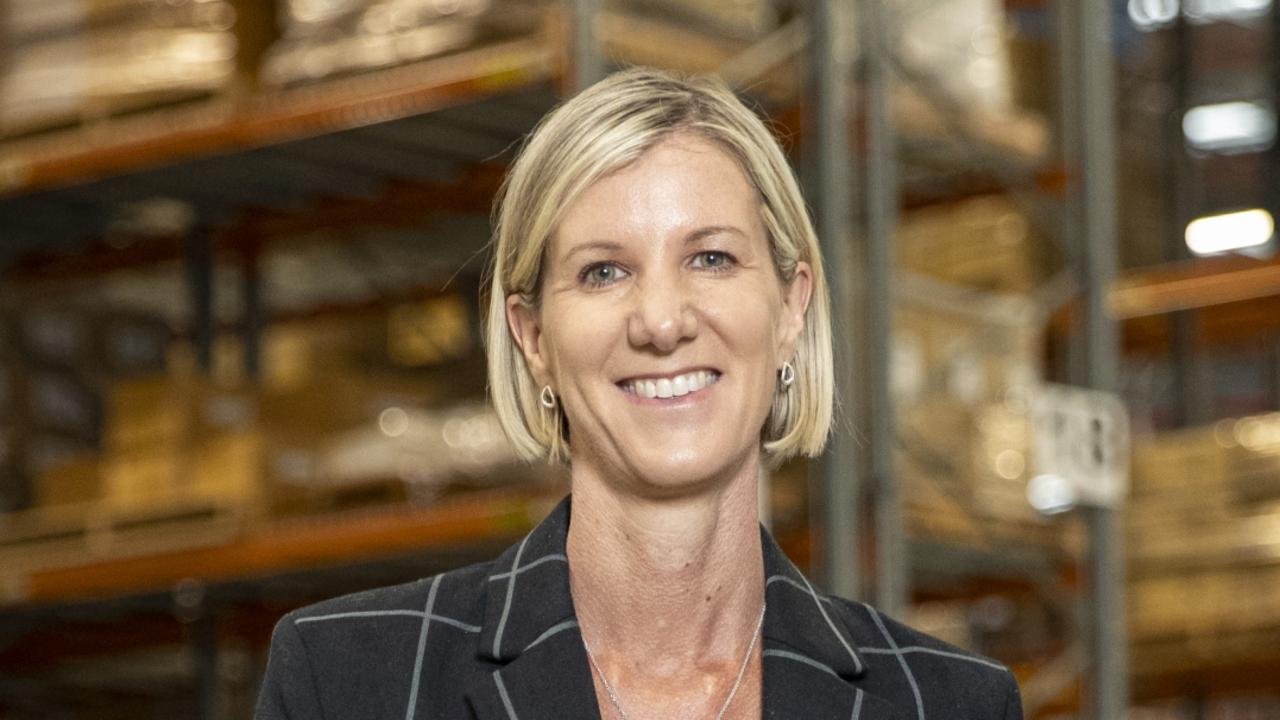Aurora Metals goes bust, sending North Queensland mines under for a fifth time
Aurora Metals has collapsed into administration, with 150 workers out of a job as its mines go bust for the fifth time in just over a decade.

Business
Don't miss out on the headlines from Business. Followed categories will be added to My News.
Unlisted base metals play Aurora Metals has collapsed into administration, putting the north Queensland assets now owned by the company under for the fifth time in just over a decade.
Aurora called in KordaMentha as voluntary administrators on Monday, with the company’s copper and zinc projects put on care and maintenance in May after a precipitous fall in zinc prices over the last year.
While KordaMentha has only just started the process of looking through the company’s books to work out the scale of the company’s debts, industry sources say the fallout from the company’s collapse could be considerable in the North Queensland communities where Aurora operated.
More than 150 employees were put out of work when the mines were mothballed by its management in May, with about 45 workers still remaining as KordaMentha looks for a source of funding as it prepares the company’s operations for sale.
Industry sources say many of those workers may still be owed all or part of their entitlements.
It may also be some time before the company’s administrators work through the full impact on the local community.
Formerly known as Consolidated Tin Mines, the bulk of the company’s assets are the legacy of collapsed base metals play Kagara – a company once worth as much as $1bn which collapsed in 2012 as metals prices plunged at the end of the last mining boom.
Kagara’s collapse had a devastating impact on the economy in the region, with the company said to have owed as much as $95m to regional businesses and contractors when it went bust. Its failure to pay its debts is believed to have triggered the failure of dozens of other small and family businesses that relied on the company in the region.
Consolidated Tin Mines bought some of Kagara’s assets in 2013 and restarted the Mt Garnett underground mine in the region, but again fell victim to falling metals prices and collapse in 2016, before returning to business after a recapitalisation in 2017.
Other Kagara assets, including the Chillagoe precious and base metals mine, were bought by Denham Capital-backed Auctus Minerals. Auctus collapsed in 2020 and Consolidated acquired the assets for about $26.5m in 2020.
Aurora considered a float in 2022, KordaMentha said, but failed to get an IPO away in 2022. The company then put itself on the market but failed to find a buyer.
Documents circulated in support of the sale of the assets indicated its mines delivered earnings before interest and tax of about $85m last financial year. But zinc prices have since tumbled. The commodity was trading at more than $US3900 a tonne in July 2022, but closed last week at only $US2362 a tonne.
A second company with former Kagara assets – Red River Resources, which owned Kagara’s Thalanga base metals operations – went under in 2022, bringing the total number of company failures linked to Kagara assets to at least five.
KordaMentha administrator Richard Tucker said he was hoping for a quick sale of the company, given rising interest in base metals operations.
“Aurora Metals Group will undoubtedly attract interest given its portfolio of assets and the current environment where battery metals are in strong demand,” he said.
“The group has four underground mines including King Vol and Mungana, a 500,000tpa processing plant at Mt Garnet and a 600,000tpa processing plant at Chillagoe all on care and maintenance, together with various other prospects in development.”
But, despite a strong outlook for zinc, copper and other base metals, selling the company’s assets may be a tough ask.
While on paper the company’s assets look to be relatively high grade, they are complex deposits – which makes it difficult to separate valuable minerals from impurities and means the company’s operating the mines have often struggled to realise the full value from the commodities they contain.
In addition to recent history, which argues smaller companies may struggle to get to grips with the complex mineralogy, the region has a long and sordid history of sending companies broke – dating back to the late 1880s, when the deposits around Chillagoe were first discovered.
Originally published as Aurora Metals goes bust, sending North Queensland mines under for a fifth time





